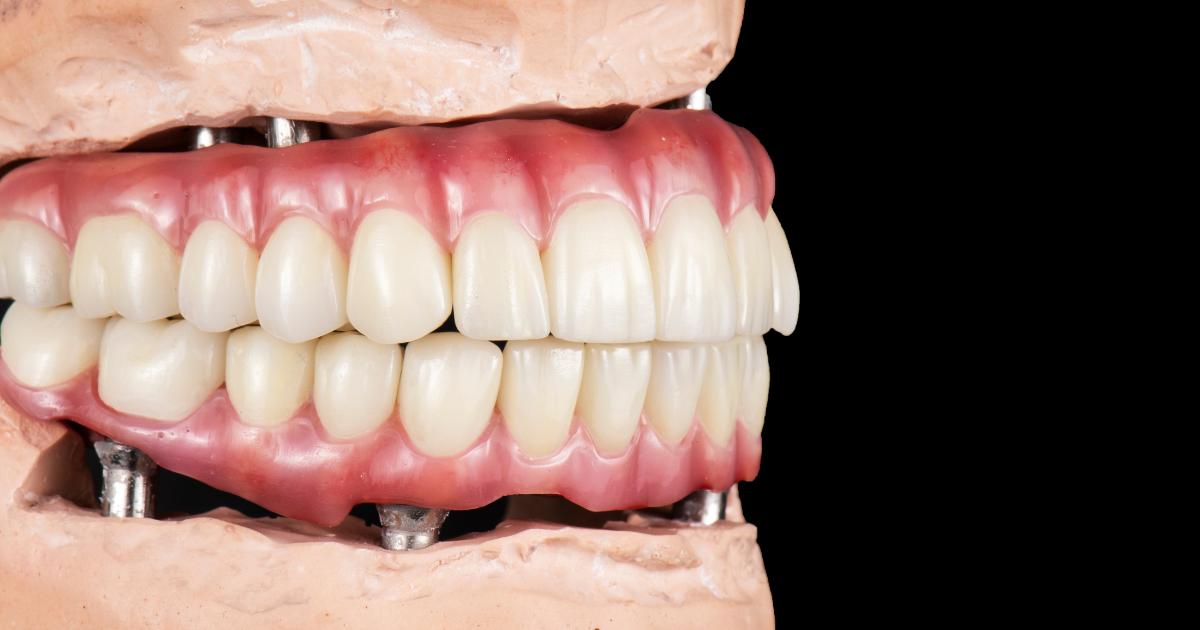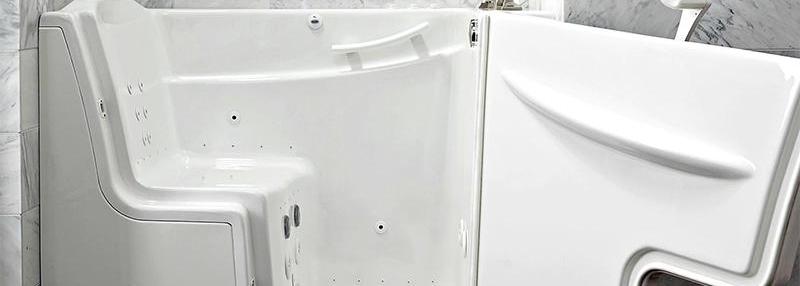When it comes to replacing missing teeth, the two most popular options are dental implants and dentures. Both offer unique benefits, but understanding the differences between the two can help you make an informed decision that suits your needs and lifestyle. Whether you’re concerned about comfort, cost, or longevity, choosing the right solution for replacing missing teeth is essential for your overall dental health. In this post, we’ll compare dental implants and dentures in terms of their benefits, drawbacks, and long-term care to help you decide which option is best for you.
Advertisement
1. Dental Implants: A Permanent Solution
Dental implants are considered the gold standard in tooth replacement. They involve a surgical procedure in which a metal post is placed into the jawbone, acting as a replacement root for a missing tooth. A crown is then placed on top of the implant, creating a permanent solution that looks, feels, and functions like a natural tooth.
Advantages:
- Durability: With proper care, dental implants can last a lifetime.
- Functionality: Implants allow for a normal biting and chewing experience.
- Aesthetics: Implants look and feel like natural teeth, providing a seamless appearance.
Disadvantages:
- Cost: Dental implants can be significantly more expensive than dentures.
- Procedure Time: The process can take several months due to healing and osseointegration.
- Surgical Requirement: Since implants require surgery, not everyone is a candidate, especially those with insufficient bone density.

2. Dentures: An Affordable and Removable Option
Dentures are removable prosthetic devices designed to replace missing teeth. They can be full or partial, depending on how many teeth need to be replaced. Unlike dental implants, dentures sit on top of the gums and rely on natural suction or adhesives to stay in place. They can be removed for cleaning and maintenance.
Advantages:
- Affordability: Dentures are generally much less expensive than dental implants.
- Non-Invasive: Unlike implants, dentures don’t require surgery, making them a less complicated option.
- Quick Solution: Dentures can be created relatively quickly, often within a few weeks.
Disadvantages:
- Comfort: Dentures may not feel as comfortable as implants, especially in the beginning, and can sometimes cause irritation or sores.
- Maintenance: Dentures require daily cleaning and care to maintain their fit and appearance.
- Stability: Dentures can slip or shift while eating or speaking, which may affect confidence.
Advertisement
3. Maintenance and Longevity: Implants vs. Dentures
When it comes to the upkeep and longevity of dental implants versus dentures, there are notable differences in both time and effort required for maintenance.
Dental Implants Maintenance: Once the implant is placed and healed, the care required is similar to that of natural teeth. Brushing and flossing daily, along with regular dental checkups, are essential for keeping the implant in good condition. There are no special cleaning routines required, but the surrounding gums and jawbone need to be monitored for any signs of infection or deterioration.
Dentures Maintenance: Dentures require more involved care than implants. They need to be removed at night and soaked in a cleaning solution to prevent buildup of plaque and bacteria. Additionally, the fit of dentures can change over time due to natural changes in your gums and jaw, requiring periodic adjustments by your dentist. Dentures also need to be cleaned and brushed after each meal to maintain their appearance and function.

Longevity:
- Implants: With proper care, dental implants can last 25 years or more, often a lifetime.
- Dentures: Dentures typically need to be replaced every 5-10 years as they can wear down, lose their fit, or get damaged.
4. Comfort and Functionality: Which Feels More Natural?
The level of comfort and functionality that you experience will depend largely on your personal preference, the fit of your dentures, or the success of your implant surgery.
Dental Implants Comfort: Dental implants feel more like natural teeth because they are surgically integrated into your jawbone. This means they won’t shift or slip, and you won’t have to worry about them coming loose while eating or speaking. The ability to chew and bite normally is one of the biggest advantages of implants over dentures.
Dentures Comfort: While modern dentures are made to be more comfortable and fit better, they may still cause discomfort. The need to use adhesives or adjust the dentures to fit properly can be inconvenient. Additionally, dentures can sometimes cause irritation to the gums or soft tissues, especially in the beginning. Over time, the fit of dentures may change as your gums and jawbone naturally shift.
Functionality:
- Implants: Provide full functionality, allowing you to eat all types of food without worry.
- Dentures: While they restore some function, eating certain foods may be more difficult with dentures, as they can slip or feel unstable.
5. The Cost: A Major Consideration
One of the most significant differences between dental implants and dentures is the cost. Implants are a long-term investment, but they come at a higher upfront price due to the surgical procedure and materials used. However, because they last so long, implants may be more cost-effective in the long run.
Dental Implants Cost: The total cost of dental implants can range from $3,000 to $6,000 per implant, with additional costs for the crown and possible bone grafting if necessary. While the initial cost is high, dental implants typically last a lifetime, making them a good investment for those who want a long-term solution.
Dentures Cost: Dentures are more affordable, with full dentures typically ranging from $1,000 to $3,000 per set. However, because dentures need to be replaced every few years and may require adjustments, the long-term cost can add up. Partial dentures may be less expensive but still require maintenance and eventual replacement.
Advertisement
Final Thoughts
Both dental implants and dentures offer viable solutions for replacing missing teeth, but the right choice depends on your specific needs, budget, and preferences. Dental implants offer a long-lasting, natural-feeling solution but come with a higher cost and more extensive treatment time. On the other hand, dentures are more affordable and non-invasive but may require more maintenance and adjustments. Consider consulting with your dentist to determine the best option for your oral health and lifestyle.
References:
- American Academy of Implant Dentistry. “Dental Implants: The Gold Standard in Tooth Replacement.” AAID, 2023. https://www.aaid.com.
- Mayo Clinic. “Dentures: Pros and Cons.” Mayo Clinic, 2024. https://www.mayoclinic.org.
- American Dental Association. “Dental Implants vs. Dentures.” ADA.org, 2024. https://www.ada.org.


